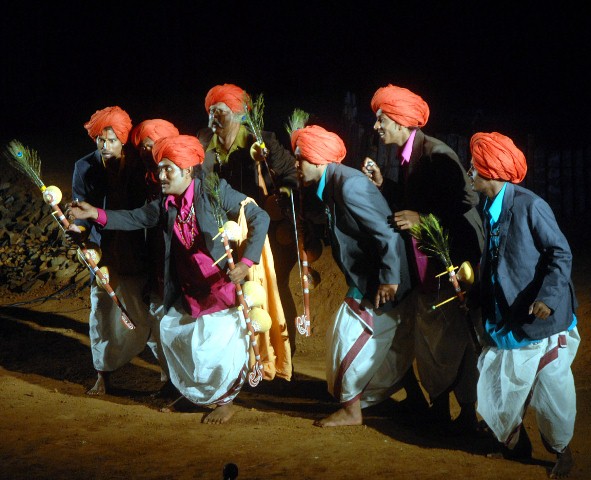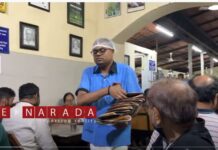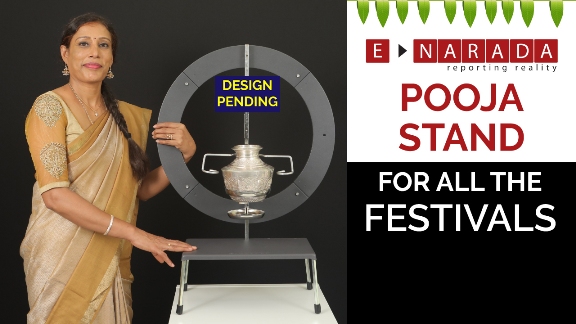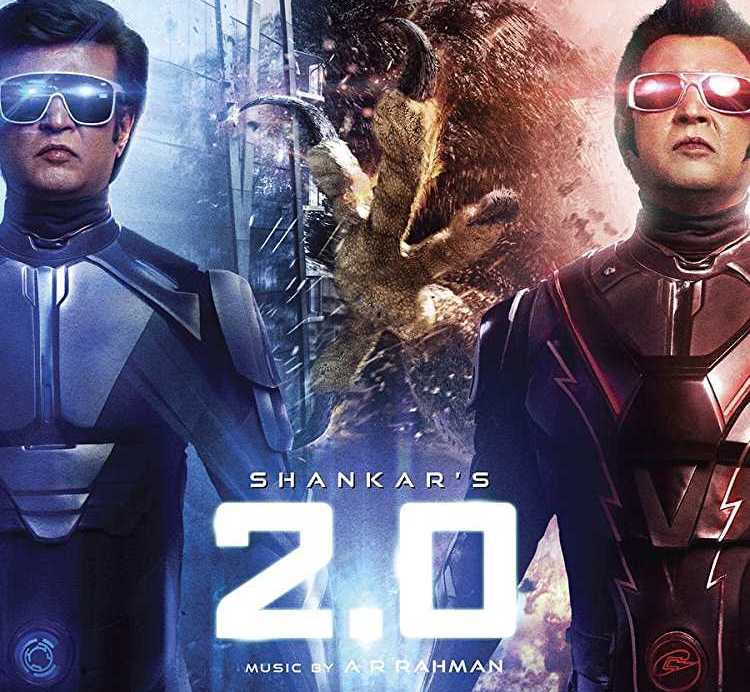Review by ENN Correspondent
It is a different kind of treat for the theatre lovers. Late national poet Kuvempu’s popular novel MalegaLalli MadumagaLu (Bride in Malnad hills) played out in drama form is embedded with every element of theatre and movie in it. It is a concept of theatre and film merged to create a different experience very similar to Peter Brooke’s version of Indian epic Mahabharatha. While the Mahabharatha is said to be the longest play in the world of nine hours, MalegaLalli MadumagaLu is 8-hour long, which makes it to the second longest play.
The play has the element of traditional theatre of beginning the play with Sutradhar in form of a number of jogis with a musical note. Unlike the regular single stage setting in an auditorium or an open air theatre, the stage here is set in four different locations and aptly named according to the scenes – Kere ranga (lake auditorium), Open air auditorium, Bidiru ranga (bamboo auditorium) and Honge ranga (Avenue tree auditorium). There are a thatched hut, arrack nut trees, bamboo bridge, lake, ample bamboo trees to create an illusion of a jungle, various houses, graveyard, school, hotel, and boat ride as part of sets. It is indeed a visual treat.
The audience moves to different auditoriums as the play progresses. The lights are lit up from various points around and within the stage. The lights and sound work in the last part of the play, depicting boat ride on an overflowing river with lightning and thunder is memorable. The most delightful part of the production is the ‘just right’ costume of villagers indicating the caste and class. The costume generates a feeling of nostalgia for the audience hailing from malnad region. The 80-member cast, mostly debutantes, perform well.
The play is set in the India of 1960s intricately explaining the feudal system, and the society and culture evolved around the system. There is evil, there is good, there is innocence, there is ignorance. There is melodrama, there is romance, there is tragedy and there is philosophy of life woven around it.
The play develops in the remote hamlets of MegaravaLLi, Simbhavi and BettaLLi in Karnataka. One of the main characters Gutti, a country bumpkin, is set out to convince the family of his love interest Timmi to give the girl in marriage to him. He is accompanied by his dog Huliya, with an unforgettable performance. He encounters various characters deeply drowned in their miseries and triumphs of their regular life. Love stories, illicit love affairs, rape and suicide, death, family tragedy: the characters are entrenched in their world when bicycle, a new thing, comes to village through a Christian missionary Jeevaratniah. The villagers cannot even pronounce it correctly. It is beesekallu for them. The entire village of BettaLLi gathers to watch the rich land lord attempts to learn riding bicycle. The news travels to other hamlets and is talk of the town for months.
The arrival of Jeevaratniah marks the wind of change reaching the remotes places of India. With him come schools, bicycles, attempts of conversion, and women who wear Western clothes and ‘hang out’ with men without hesitation. And the villagers fighting it off unsuccessfully too, is depicted in the play.
Life continues in the villages along with wind of change.
The usual criticism that book is better than a play does not apply to this production. The play is as intricately adapted by K Y Narayanaswamy, directed by C Basavalingaiah and performed by the actors as the narration of the 750-page magnum opus.
The play was first performed at Rangayana in Mysore in 2006. It is being played again in Bangalore on popular demand, said Prakash Kadidal, secretary of Rashtrakavi Kuvempu Pratishthana.
The play can be shortened since the last two parts of the play develop slowly testing the patience of the audience.
The play will be performed at Kalagrama till May 30, with 9-hour play (including coffee breaks) starting at 8.30 pm on Tuesdays, Thursdays, Saturdays and Sundays. Call 98400 48003 or 98865 40966 for tickets and details.







The play was first staged in mysore during 2009 or 2010. Surely not 2006.